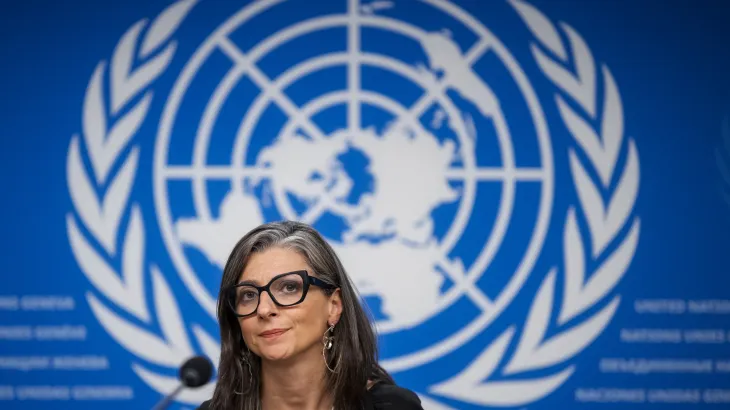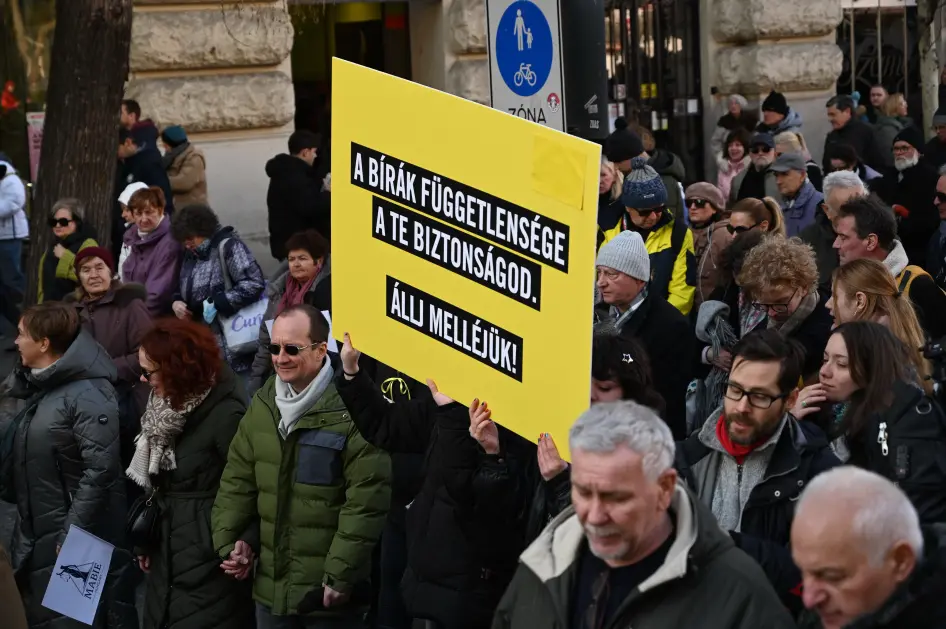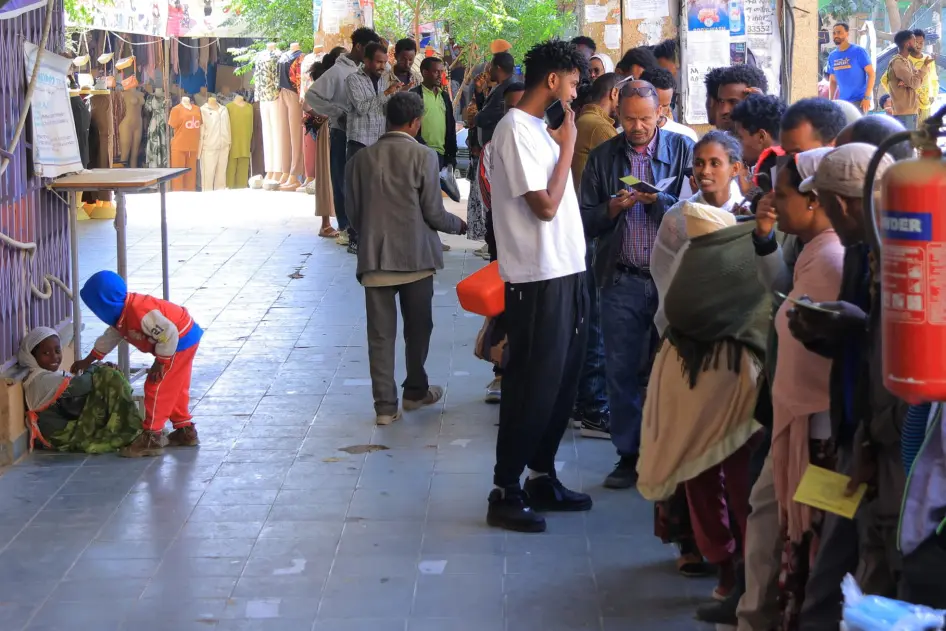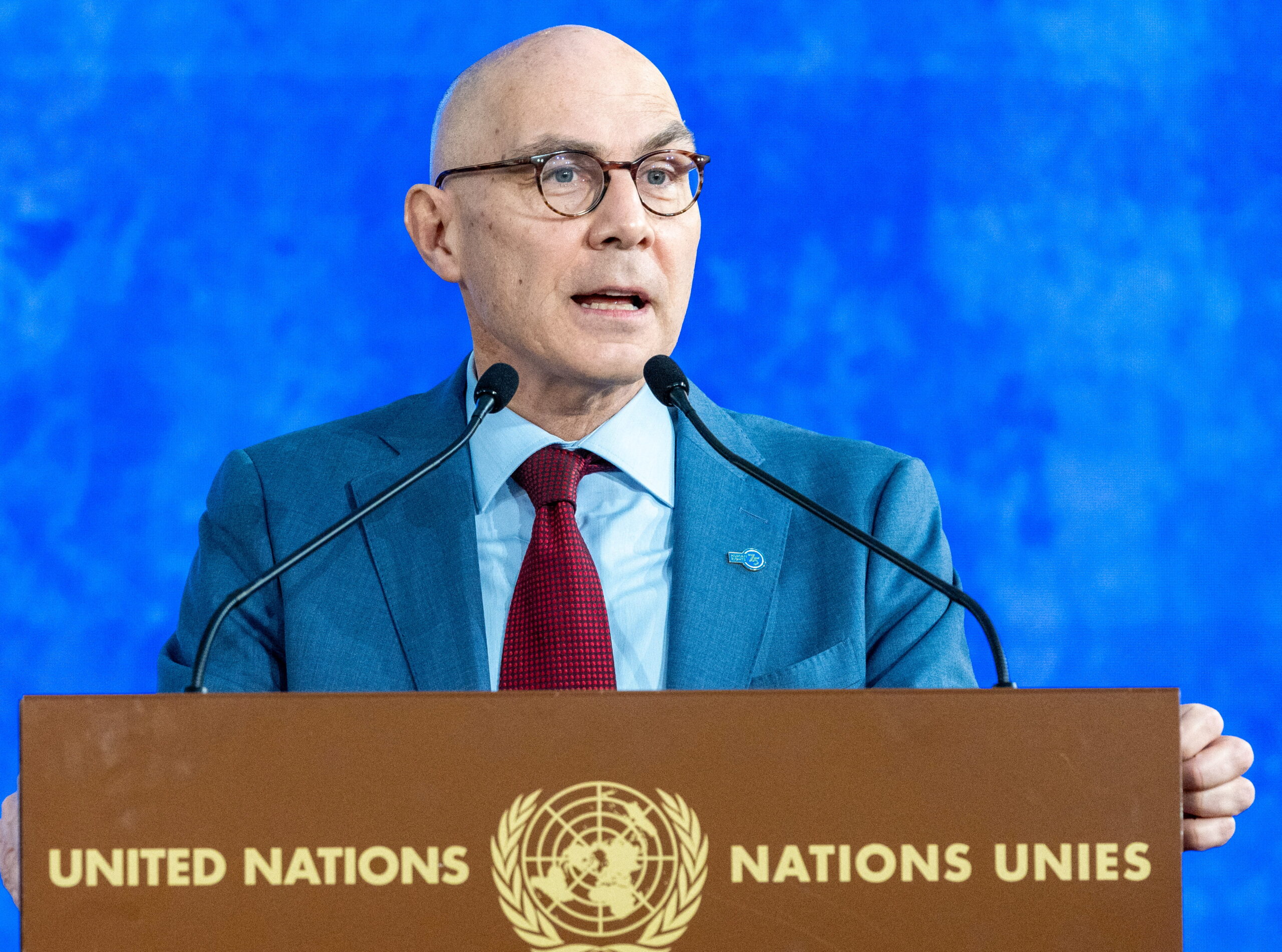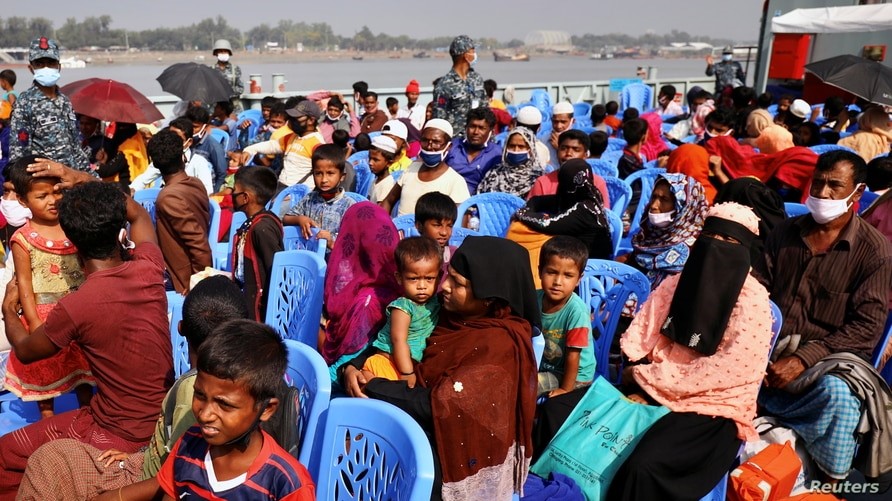A Referendum on Reform and Petro’s Last Stand
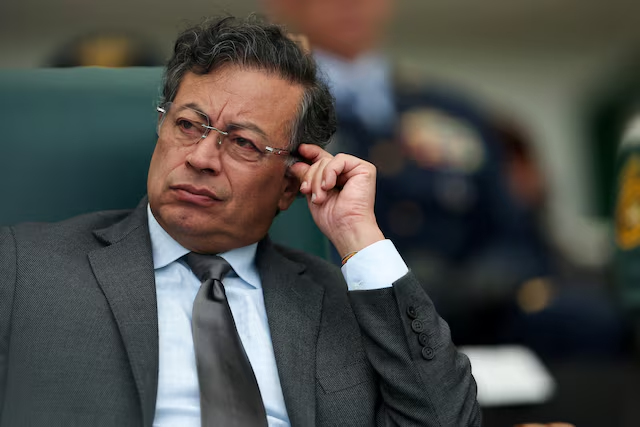
President Gustavo Petro/Reuters.
Colombia’s Senate is poised to vote on President Gustavo Petro’s proposal to hold a national referendum on his long-stalled labour reforms. The motion requires the support of at least 53 senators to pass. The outcome, expected to be closely fought, may not only determine the fate of one of Petro’s flagship domestic policies but also redraw the country’s political landscape ahead of the 2026 presidential election.
Mr. Petro, Colombia’s first leftist president, enters his final year in office facing mounting legislative resistance. His original labour reform bill, aimed at overhauling outdated employment practices and expanding rights for workers, was rejected by Congress earlier this year. Undeterred, Mr. Petro now seeks to bypass lawmakers by appealing directly to the electorate.
If the Senate grants its approval, Colombians will be asked to vote on a series of twelve questions. These range from the extension of overtime pay and healthcare benefits to gig economy workers, to proposals for limiting the working day to eight hours. Other issues reportedly include strengthened collective bargaining rights, the prohibition of zero-hour contracts, and enhanced protections for informal workers—who make up a significant portion of Colombia’s labour force.
Mr. Petro has cast the referendum as a democratic imperative, arguing that entrenched political and economic elites have blocked reform to preserve an inequitable status quo. Critics, however, contend that the plebiscite is a populist manoeuvre designed to revive a floundering presidency and to mobilise Petro’s base as his approval ratings wane.
The Senate’s decision will reverberate far beyond labour policy. A green light for the referendum would embolden Mr. Petro’s broader reform agenda, including contentious pension and health system overhauls. A rejection, by contrast, could signal the effective end of his legislative ambitions and accelerate the jostling among candidates eager to succeed him.
Either way, the coming vote represents a critical juncture in Colombia’s political journey—one that will test not just Petro’s resolve, but the country’s appetite for structural change.
Agencies.


